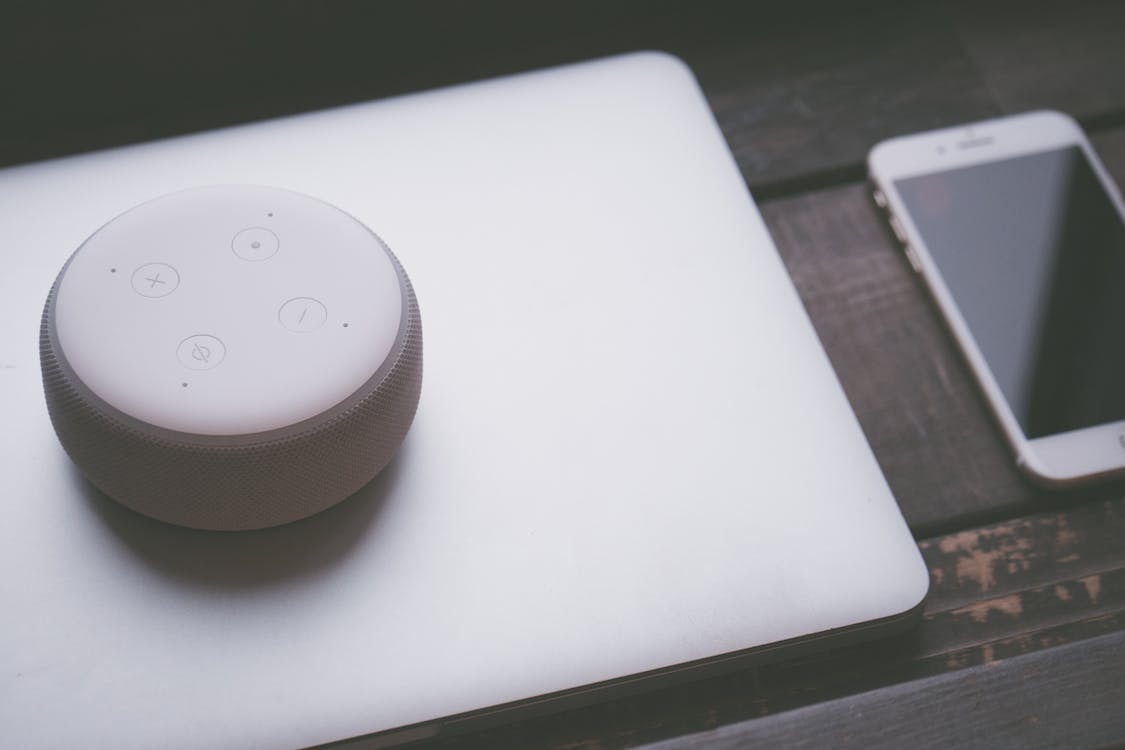What PPC marketing trends do we expect to see in the new year?
With 2020 coming to an end – we’ve been thinking about what the next year will have in store for our team and other PPC marketers.
We’ve prepared a list of some of the latest and upcoming trends that we think you will see more of in 2021.
The rise of PPC automation
By next year, the automation industry is expected to grow rapidly. Automation is the process of giving more control to search engine algorithms. If you’re familiar with PPC already then you will be aware of automatic bidding strategies such as target CPA etc. The difference with automation – is it can be something as straightforward as using scripts or rules in an account to save time.
Why do PPC experts believe automation will increase in 2021? Despite manual bidding still being preferred by many marketers – automation is a way of saving time on a number of tasks within your accounts.
Automation can also help to prevent issues like over or underbidding. Although there are some weaknesses with automation – most PPC marketers have seen it lead to more efficient and impressive results.
Responsive Search Ads
Responsive Search Ads let you create a PPC ad that adapts to show the most relevant messages to your target customers. You can enter multiple headlines and description variations – and Google’s algorithm will show the best performing ad copies and versions. These are the versions that deliver things like strong click-through-rate (CTR) and the highest levels of engagement.
You’re able to maintain control by ‘pinning’ specific aspects of the ad. This could be a headline including a call to action (CTA), unique selling proposition or key brand messaging.
Match types and negative keywords
When Google announced that they’d be rolling out close variants for phrase match and broad match keywords – it caused a shift in how marketers worked around their keyword targeting. Similarly, Google introduced ‘exactish’ match types or ‘not so exact’.
Since these changes became apparent, we expect that more PPC professionals will be spending even more time perfecting their keyword targeting. For example, having a negative keyword list is key to reaching a valuable and relevant audience. We also suggest analysing your search terms as often as possible to ensure they are performing.
The use of artificial intelligence in PPC
Artificial intelligence is rising and changing how the world works in general. When we relate this to pay per click – we see it as a way for marketers to create more effective, high-quality campaigns.
Artificial intelligence (AI) can help us to learn much more about our audience’s behaviour. In time, this leads to highly targeted ads and better performing campaigns. For example, going forward, artificial intelligence enables users to:
- Predict an ads click-through rate
- Identify how likely a conversion is per customer
- Calculate the impact of ads on quality scores
- Optimise keywords, ads or campaigns based on a specific event
The benefits of AI are not limited to Google. You can use AI on Bing and even Amazon Ads.
More PPC opportunity on Instagram
Instagram was initially used to build a strong organic presence – and many brands use the platform to promote their services, products or brand. This year, we’ve seen Instagram prioritising its in-app shopping features.

Consumers are choosing to engage more and more with brands who utilise mobile devices and social media platforms. Instagram provides an accessible and engaging platform for businesses to share their products with a targeted audience.
We expect to see Instagram bring even more paid advertising opportunities through its newer features in 2021. These include highlights, stories, IGTV and Reels.
Voice search for PPC
Voice search is something that all digital marketers have probably started or are starting to consider within their campaigns. More users are searching via voice assistants such as Siri, Alexa and Google Assistant. It’s expected that by 2020 – up to 50% of searches will be entirely voice-based.
With this in mind, we believe most businesses will be optimising PPC campaigns for voice search. These are the things to consider when optimising for voice search:
- Mobile-first – Although possible on desktop, most voice searches will be on a mobile device.
- Question-oriented – Question-orientated keywords are essential when it comes to voice search because they tend to be more natural than typed queries.
- Natural language – Consider how people speak in everyday conversation – that is how to target most voice searches. In terms of PPC, this will mean long-tail keywords and question phrases.
Let’s take a look at how you can optimise for voice search in more detail:
- Focus on long-tail keywords and phrases – Most voice searches start in the same way as ‘everyday questions’. For example; “what,” “where,” “who” and “why”. We recommend using a tool like Answer the Public to find these common phrases. You can also look at the ‘People also ask’ section on search engine results pages (SERP’s).
- Build your negative keyword list accordingly – We recommend reviewing your negative keyword list and adding or removing words. For example, if you’re an online business – you won’t want to appear for local searches and vice versa.
- Learn where your users are in the buying cycle – Search terms including terms such as “who” or “what” are typically nearer to the awareness stage. On the other hand, the term “where” indicates that a user is closer to the point of conversion. When it comes to PPC – we generally want to bid on those high-converting users. For example, a user may use a voice search to simply clarify where they can find your product or service,

Do you have any questions PPC-related? Feel free to get in touch.
